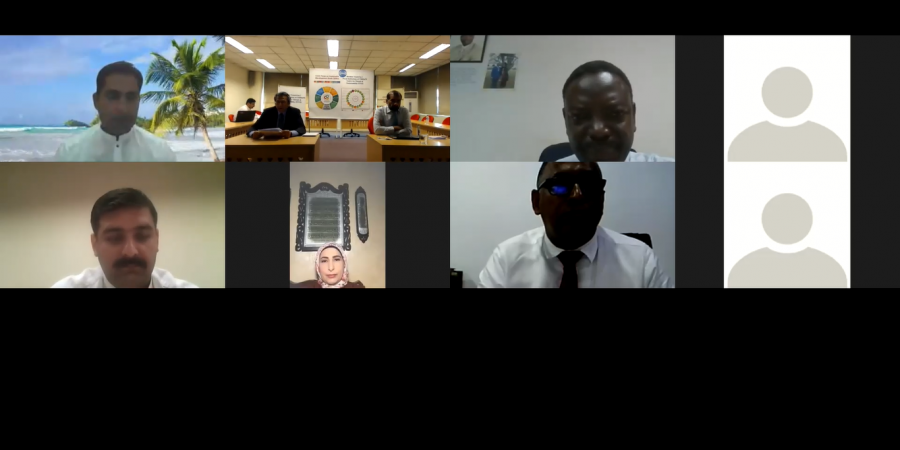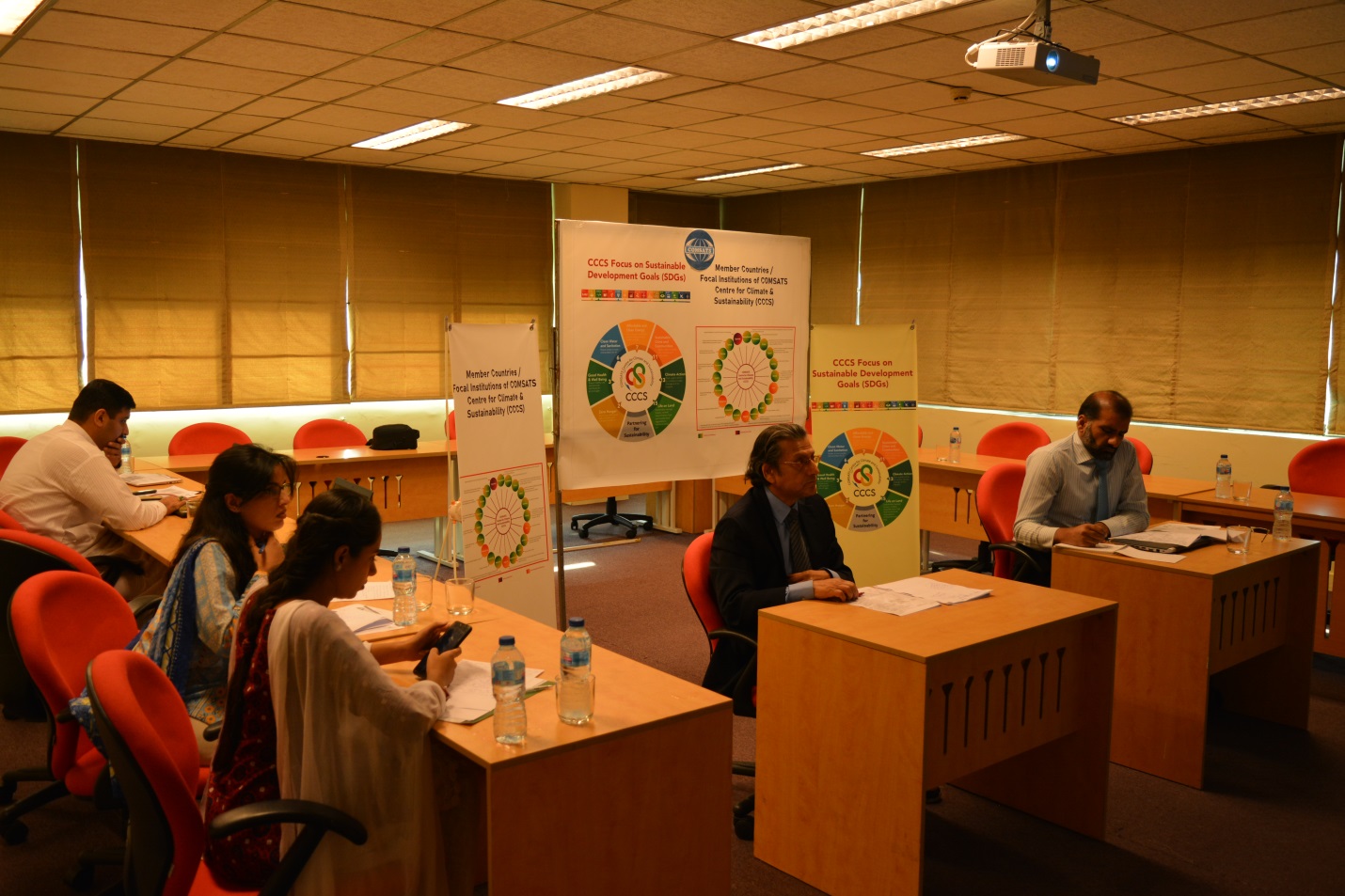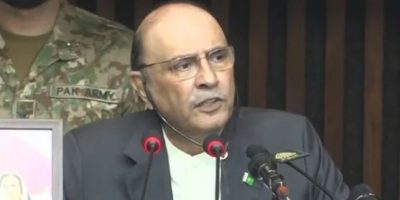COMSATS formulated a comprehensive and workable strategy on economic growth, food security.

COMSATS Centre for Climate and Sustainability (CCCS)webinar gathers experts from six countries.
ISLAMABAD, 22 Sep, 2020.
Scientists from Pakistan, Colombia, Gambia, Ghana, Jordan and Sri Lanka were gathered by the Commission on Science and technology for Sustainable Development in the South (COMSATS) to exchange valuable knowledge and experience on agriculture as means for food security and economic growth. The webinar entitled “Challenges to Agriculture and their Solutions in the GlobalSouth” was organized by COMSATS Centre for Climate and Sustainability (CCCS).
“Changing climate is a great threat to regional food security and robust efforts are needed to achieve the sustainable development goal two- zero hunger”, remarked Ambassador Kamal, head if COMSATS Center for Climate & Sustainability at the opening of the session. He considered agriculture the backbone of economy especially in the Global South due to the region’s heavy reliance on farming as the major source of income.
Owing to the rich intellectual inputs from various institutions, the webinar established the importance of sharing knowledge, good practices and success stories to address challenges in achieving food security within the framework of South-South Cooperation.Researchers and scientists from National University of Science and Technology (NUST), Islamabad; Centre for Climate Research & Development (CCRD), COMSATS University Islamabad (CUI); Centro Internacional de Fisica (CIF), Colombia; School of Agriculture and Environmental Science, University of The Gambia (UTG), The Gambia; Council for Scientific and Industrial Research (CSIR), Soil Research Institute of Ghana; National Agricultural Research Council of Jordan; and Uva Wellassa University, Sri Lanka participated in the webinar.
The speakers of the event, inter alia, highlighted need for technology-driven means for crop production and agriculture yield improvement under the changing climate; water conservation techniques, including rooftop water harvesting and wicked bed system under permaculture; importance of biochar derived from plants and other agricultural waste to mitigate climate change; measures to ensure self-sufficiency in food production such as limiting the use of chemical pesticides, promoting organic farming and precision agriculture; and import substitution policy, among others
Discussions during the webinar led to recommendations relating to use of alternate crop varieties;improvement of micro-finances and credit for smallholder farmers;more public – private partnerships in agriculture; holistic approaches towards food systems respective of social, economic, and environmental dimensions; and revisiting the agriculture policies aimed at enhancing agricultural production.
Related News

Pakistan won’t allow use of neighbouring territory to ‘destabilise our peace’: President Zardari
ISLAMABAD, MAR 2: President Asif Ali Zardari on Monday calling the war a last resort,Read More

PM Shehbaz offers condolences to Kuwait’s Crown Prince
ISLAMABAD, MAR 2 /DNA/ – Prime Minister Muhammad Shehbaz Sharif spoke with His Highness SheikhRead More


Comments are Closed